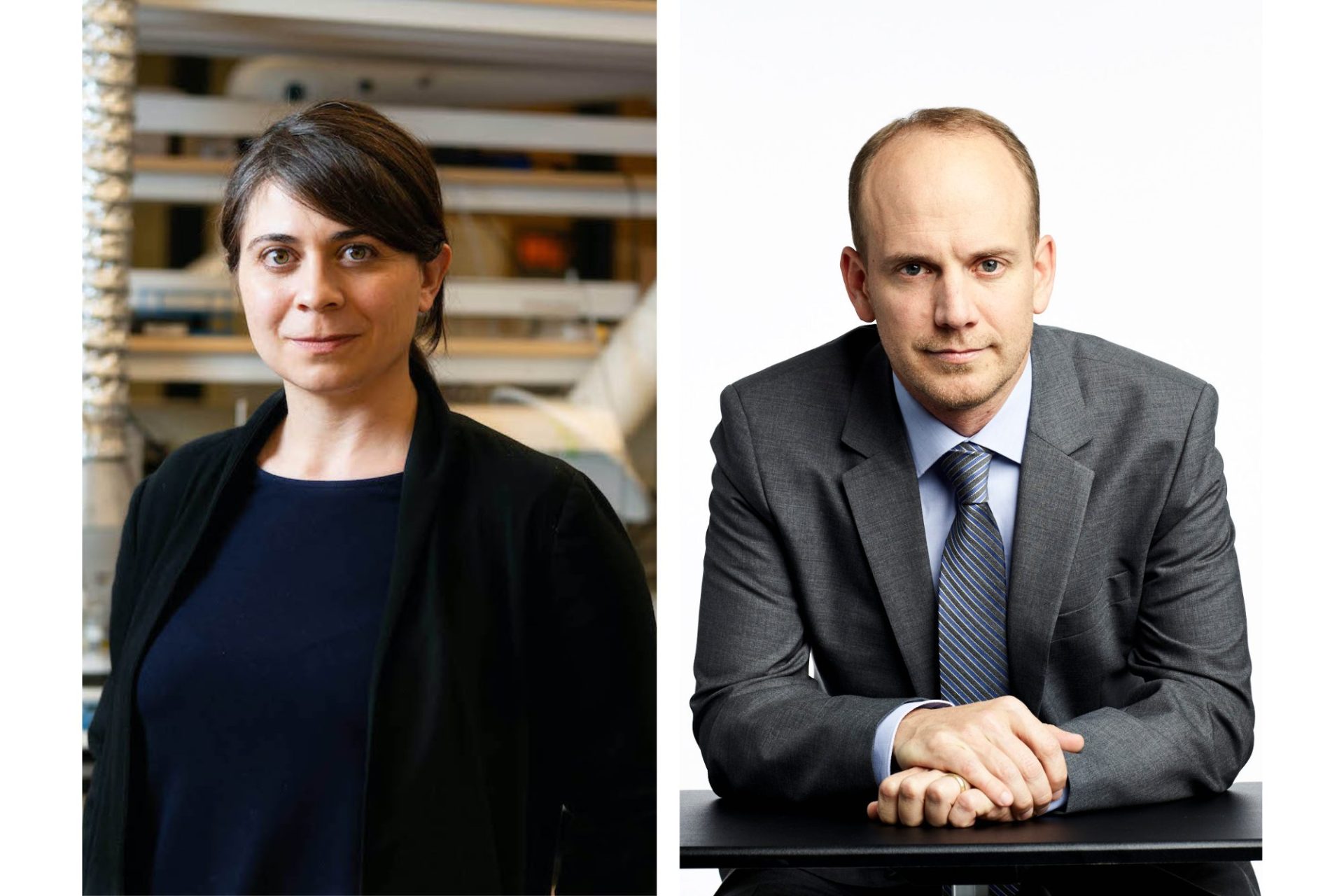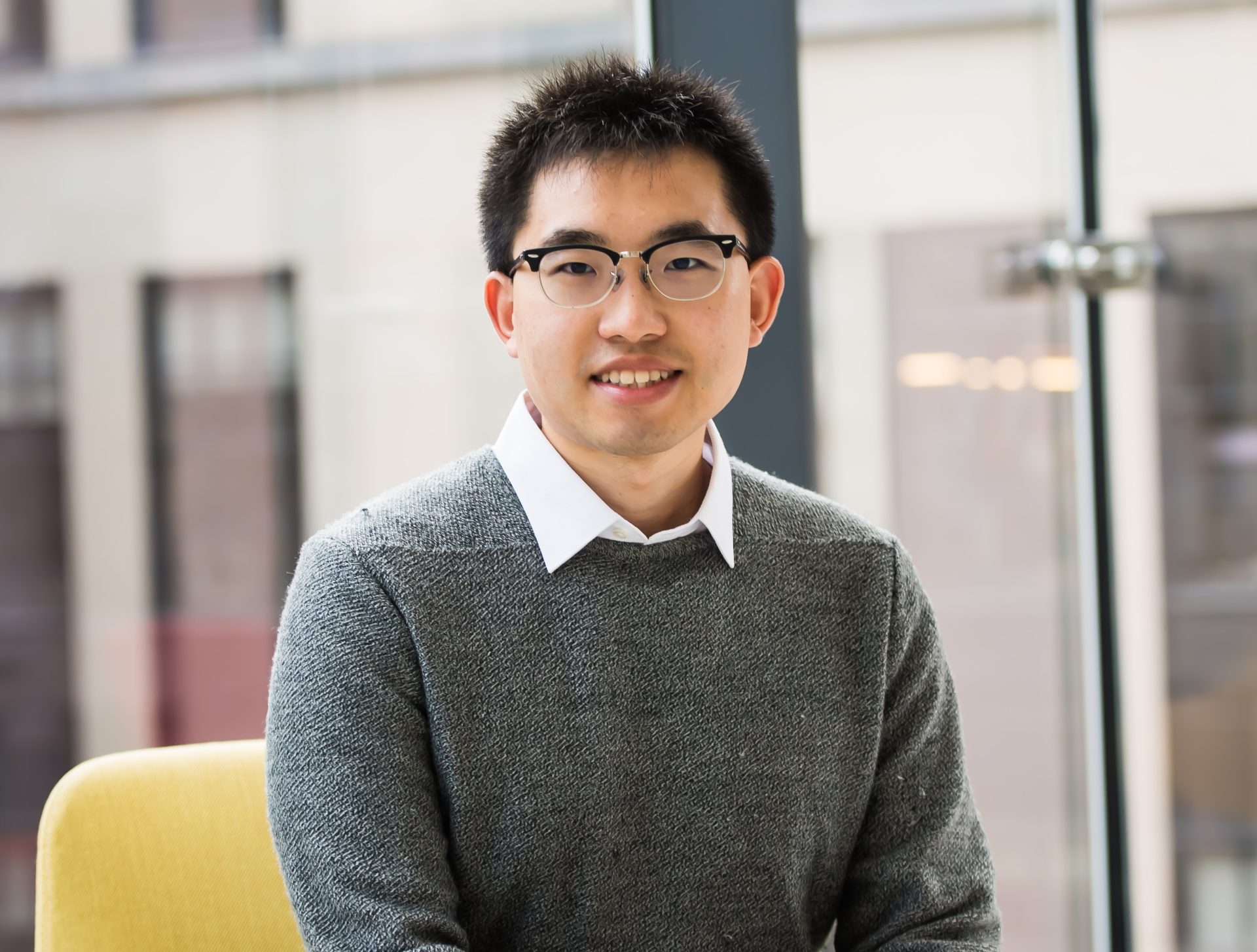MIT Civil and Environmental Engineering graduate students awarded U.S. Department of Energy Computational Science Graduate Fellowship

Isabella Stewart and Skylar Gering were among thirty students selected for the 2025 U.S. Department of Energy Computational Science Graduate Fellowship (DOE CSGF) program.
The fellowship supports students pursuing doctoral degrees in fields that use high-performance computing to solve complex science and engineering problems. The program fosters a community of energetic and committed Ph.D. students, alumni, DOE laboratory staff and scientists who want to have an impact on the nation while advancing their research.
Isabella Stewart is pursuing her doctorate degree in civil and environmental engineering, specializing in the mechanics and materials track. Originally from Scarsdale, New York, Stewart earned her bachelor’s degree in chemistry from Wellesley College. Her research explores chemical and materials engineering using agentic artificial intelligence (AI) and molecular dynamics simulation. Her work aims to endow AI with the knowledge and tools needed to explore and optimize next-generation sustainable and high-performance materials that traditional experimentation alone cannot uncover.
Skylar Gering is a doctoral student in the MIT-WHOI Joint Program working under the guidance of Assistant Professor Michael Howland in the Department of Civil and Environmental Engineering. She earned a Bachelor of Science in Computer Science and Mathematics from Harvey Mudd College in 2022. Following her undergraduate studies, she spent two years working as a research software engineer at the California Institute of Technology. Gering’s research investigates the effects of the unsteady kinematic motion of floating offshore wind turbines using multi-fidelity computational fluid dynamics simulations.
“This prestigious recognition from the Department of Energy underscores the exceptional talent and commitment of these graduate students in advancing computational sciences,” says Ali Jadbabaie, JR East Professor and Department Head of Civil and Environmental Engineering. “The DOE CSGF equips them with essential resources and opportunities, including rigorous interdisciplinary training, hands-on experience, and a strong professional network, to drive impactful research across a range of critical fields.”
The program, established in 1991 and funded by the DOE’s Office of Science and the National Nuclear Security Administration (NNSA), trains top leaders in computational science. Fellows receive support that includes a stipend, tuition, and fees, and an annual academic allowance. Renewable for up to four years, the fellowship requires focused coursework in science and engineering, computer science, applied mathematics and HPC. It also includes a three-month practicum at one of 22 DOE-approved sites, and an annual meeting where fellows present their research in poster and talk formats.
Share on Bluesky


